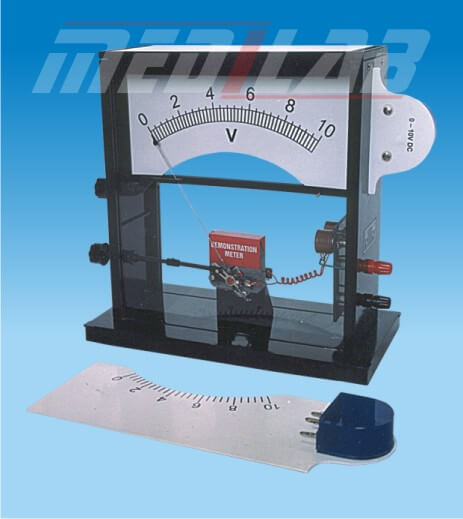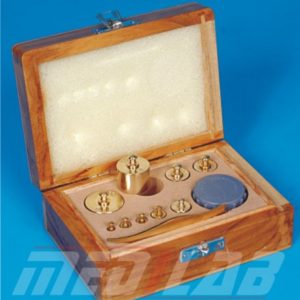Description
An interscale demonstration meter is a type of analog meter used in educational settings to demonstrate the principles of electrical measurement. It typically consists of a circular dial with two or more scales, each marked with a different unit of measurement, such as volts, amps, or ohms.
The meter may have a switch or dial that allows the user to select which scale to use, and a needle or pointer that moves across the selected scale to indicate the measurement being taken. The scales may be color-coded or labeled to help students understand the relationship between different units of measurement.
Interscale demonstration meters may be used to teach students about basic electrical concepts, such as resistance, voltage, and current, and to help them develop their skills in reading and interpreting analog meters. They may also be used in more advanced courses to teach students about more complex measurement techniques and concepts.







